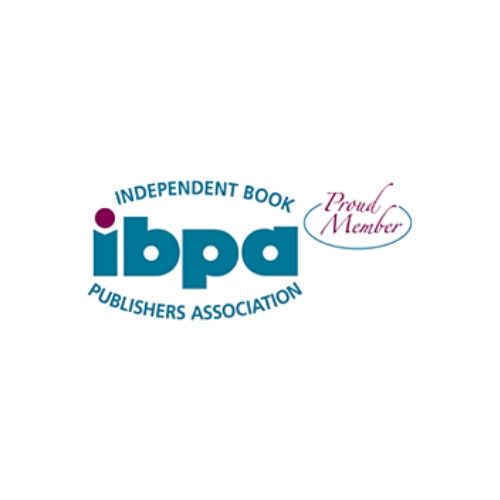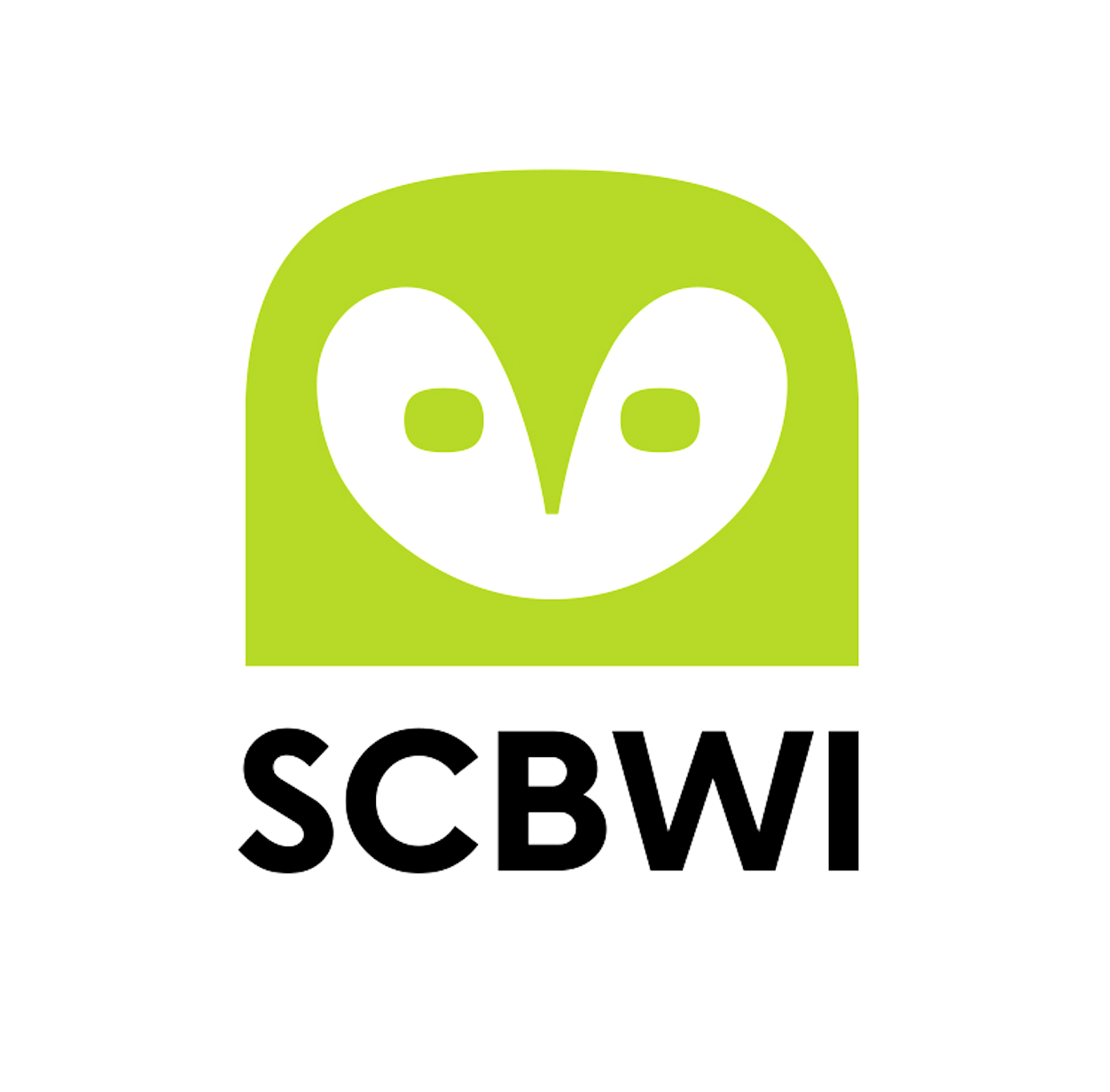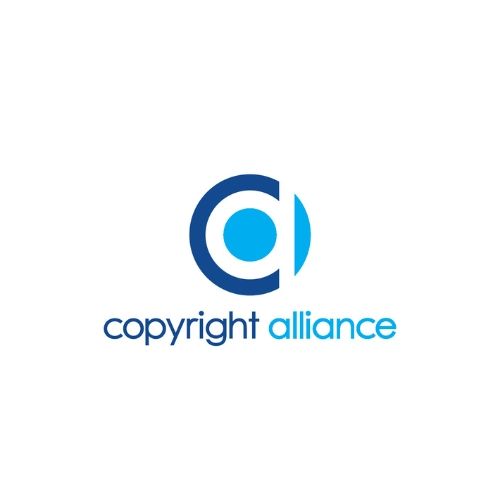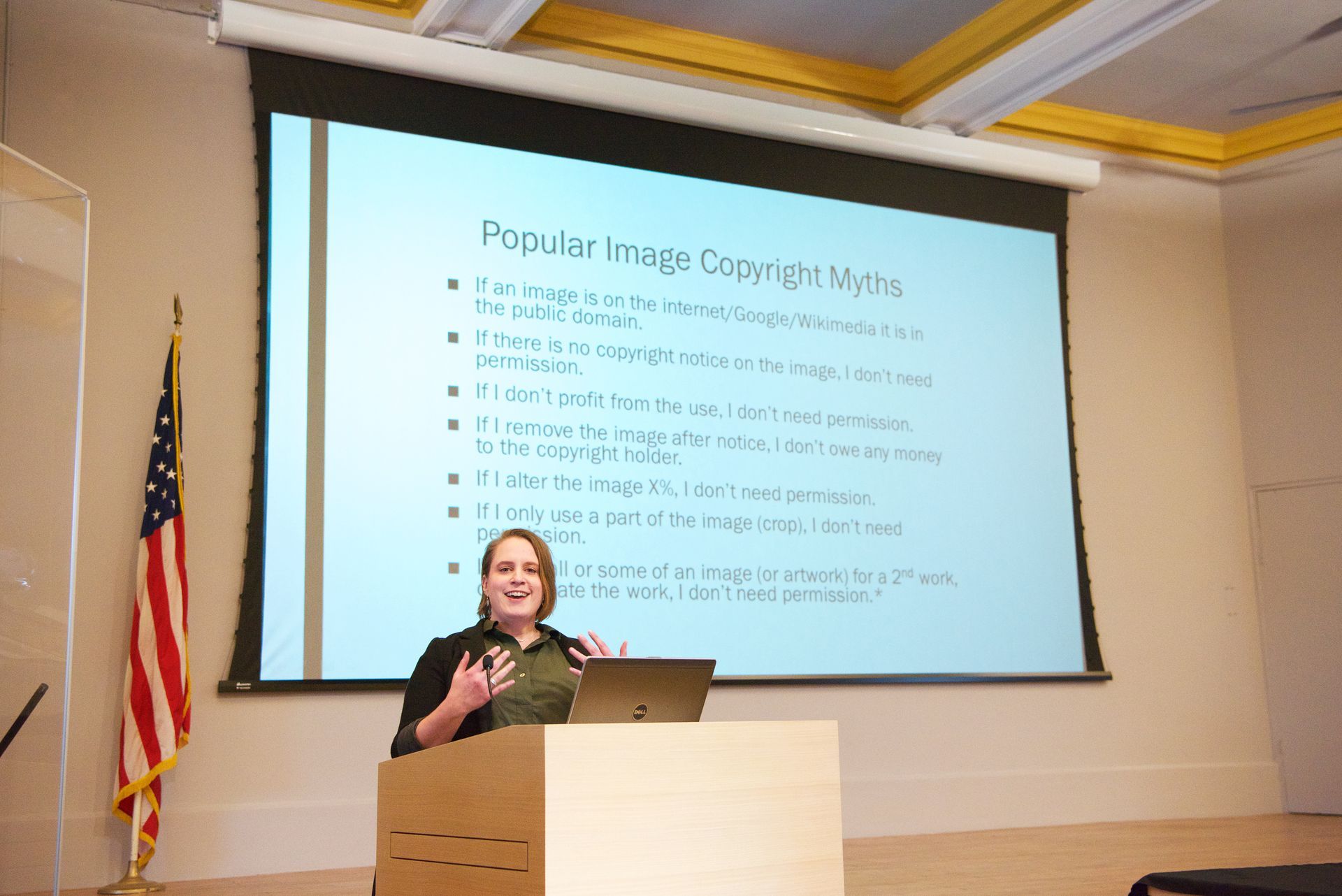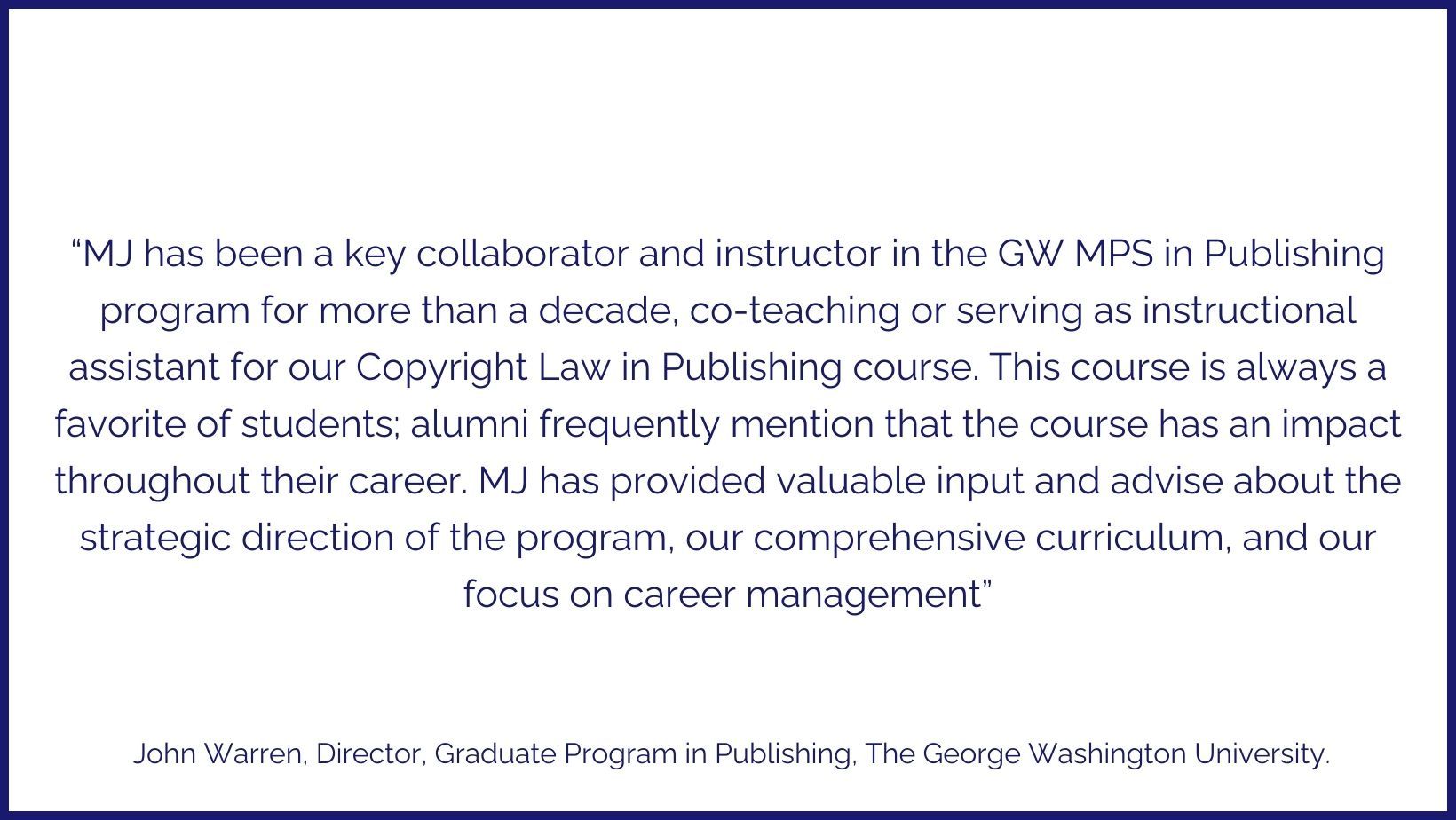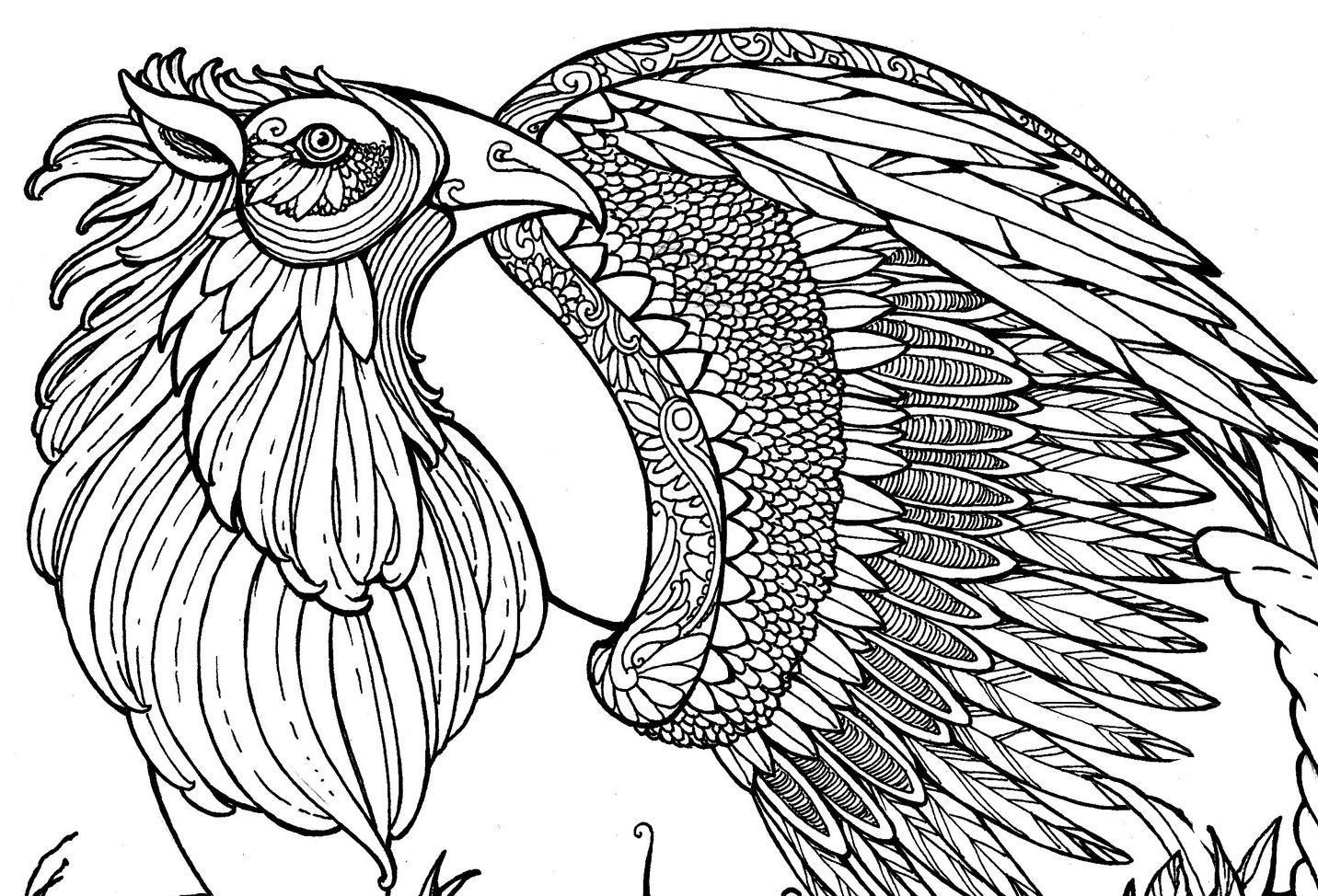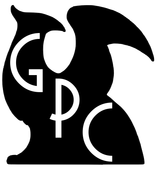Know Your Rights with Gryphon Publishing Consulting
Welcome, publishers, photographers, authors, museums & creators! Gryphon Publishing Consulting is an independent, woman-owned and operated rights & licensing consulting firm based in the US, serving globally. We specialize and offer our expertise in book permissions & clearance, subsidiary rights, licensing, and copyright education.

Permissions Consulting & Content Rights, Simplified.
Gryphon Publishing Consulting, LLC is an independent subsidiary rights, permissions, and licensing company that specializes in helping publishers, museums, photographers, and authors protect their brand through smart rights management and permissions, as well as gain brand visibility and ancillary income with targeted outbound licensing and subsidiary rights.
Serializations, audio, book clubs, special sales, foreign licensing, and more are within your reach with Gryphon Publishing Consulting on your side. We focus in content representation to cultivate new deals and partnerships for our clients, resulting in increased revenue and reach.
Gryphon Publishing Consulting also offers inbound rights management services including contract negotiations, permissions clearance for text, photos, art, fair use evaluations, rights policy (copyright policy) development, copyright education, and more.
Gryphon Publishing Consulting is your one-stop shop for all of your permissions and licensing needs.
Our Professional Affiliations

Master the World of Permissions & Rights, At Your Pace.
Gryphon Publishing Consulting is excited to announce our first forthcoming at-your-pace educational course! We will start with some copyright basics, and then add more courses to take a deep dive into book rights, permissions, and need-to-know details for publishing content. Not only does the course allow for you to learn at your pace, but you also have direct access to our founder and principal consultant, Mary Jo Slazak Courchesne's extensive knowledge of the industry. With over 25 years of experience in trade, academic, and direct-response publishing, you will leave this course confident in your content's trajectory into the world of publishing and how to maximize your content's profitability by navigating publishing thoughtfully.
-
Permissions Clearance
ButtonWhether text, photographs, art, film, or music, Gryphon Publishing Consulting will do the research to find the rights holder and get permission for the content you need quickly and efficiently.
-
Outbound Permissions
ButtonNot sure what to do when someone asks to re-use your intellectual property? Let Gryphon Publishing Consulting manage your catalog and negotiate terms on your behalf so that you can continue doing what you do best: creating content!
-
Subsidiary Rights & Licensing
ButtonDon't know where to begin with subsidiary rights and licensing? Let Gryphon Publishing Consulting manage your intellectual property and get your content into alternate formats with the right partners. You just collect the royalties; we'll do the rest!
-
Copyright Education
ButtonConfused about copyright? Gryphon Publishing Consulting can educate you and your staff on copyright basics as well as answer your basic questions about how best to protect your intellectual property.
-
Licensing Contract Review
ButtonWhether it's a foreign rights agreement, permission, or subsidiary rights license, Gryphon Publishing Consulting is here to help you know what these agreements say and what terms will get you the most bang for your licensing buck!
-
Fair Use Review
ButtonTalk to Gryphon Publishing Consulting to set up a review of your content and know before you publish whether you will need permission for anything in your publication and protect yourself from copyright infringement.
Check out the latest news in publishing rights on the Know Your Rights Blog


Looking for more information?
Gryphon Publishing Consulting, LLC. All Rights Reserved.
Site Designed & Hosted with SimplicityDMS.com
